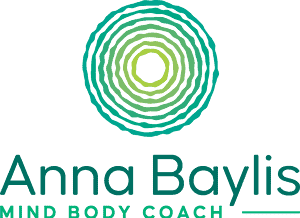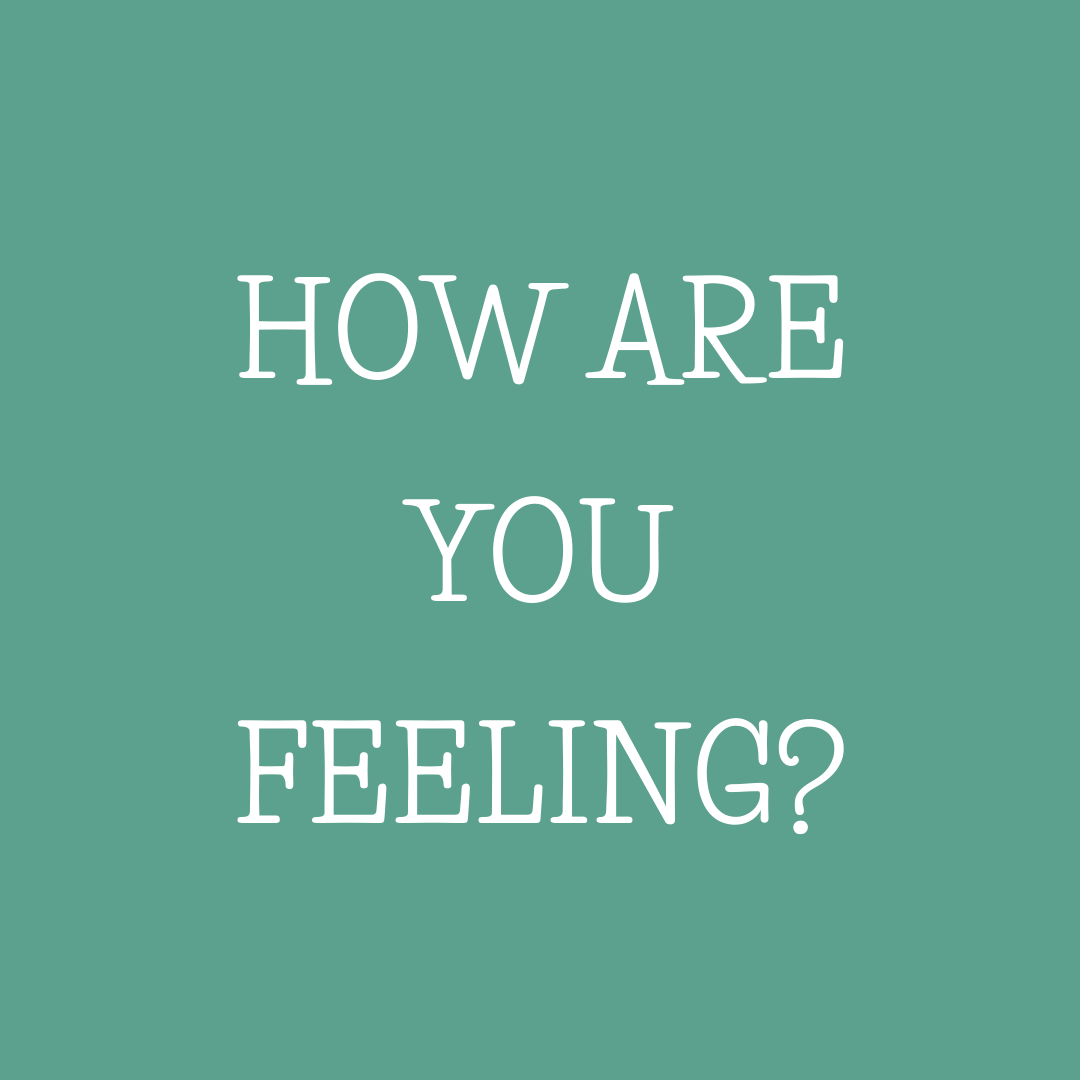Emotionally Focused Therapy
“How are you”?
Most of us answer with “good”, “okay” or “not bad”. These are automatic, programmed responses that fit in with what we believe we should feel or what others want to hear, we rarely, if ever, acknowledge and respond with the emotions we are really experiencing. Who we disclose our truest feelings to can be different for each person, what we share with our closest friend/s is not what we may share with our local shop owner. What we need to consider though, is how honest are we even with our closest friends?
We often reply with automatic responses because we don’t actually know ourselves what emotions we are feeling. So how do we tap into it?
We need to notice what is coming up for us, if we are not sure we need to stop and feel what our bodies and thoughts are experiencing, then we need to identify it, eg. Happy, sad, frustrated, flat, busy, worried, overwhelmed, etc.
It is then important to distinguish the difference between feelings and emotions, feelings arise from a thought which we put meaning to, emotions are an organic chemical response that arise from a situation, it does not require thought. Emotions are chemical responses in our body that can be experienced as either painful or pleasurable. Our ability to love and be loved, to feel joy and to experience life to its fullest is based on our ability to feel and appropriately express our emotions.
Being able to label our emotions helps us connect with them and thus, better regulate them. Being consciously aware of our emotions, recognising and labelling them allows us to deal with the situation rather than reacting in an explosion of emotion.
If we haven’t been exposed to an emotionally expressive family growing up, we tend to suppress our feelings and then become out of touch with the good, the bad and the ugly. It is then difficult to share and articulate how we feel, which can impact our relationship with ourselves and others. The more specifically you can describe your inner experience, the better you are able to come up with ways to resolve or work on issues that may be holding you back from living a fulfilled life.
For example, you may have an increased load at work and label your feeling as ok, busy when really it could be labelled as a feeling of being overwhelmed. Knowing that you feel overwhelmed, which is an underlying feeling of fear, you are better able to come up with an action plan of how to decrease that feeling. This will help reduce the negative feelings that come with staying in the unpleasant emotion of feeling “ok, busy”.
Emotional labelling allows us to manage, control and adapt our reactions and moods, which has a flow-on effect on how we navigate relationships and resolve conflict.
How many emotions can you label which describe how you are feeling?
How are you feeling right now?
Which emotions have you felt today?
Listen to a podcast where I talk about the importance of feeling emotions.




